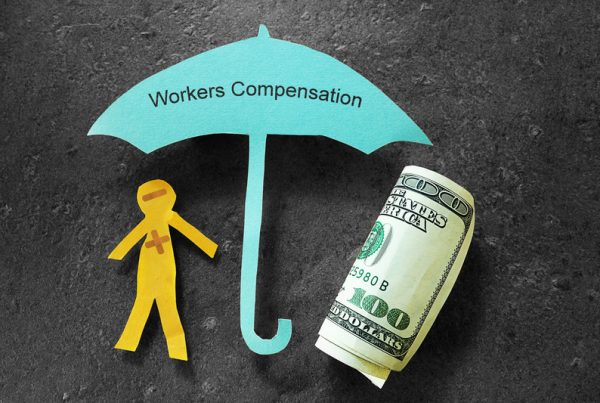The significance of workplace health and safety cannot be overstated. Neglecting this critical area can lead to devastating economic impacts. For businesses, the direct costs include medical expenses and legal fees. Indirect costs may involve training replacement employees and lost productivity. For employees, injuries can mean lost wages, increased medical bills, and long-term financial insecurity. Statistics reveal that in 2019, the U.S. alone witnessed over 2.8 million nonfatal workplace injuries and illnesses reported by private industry employers. This staggering number underscores the dire need for stringent safety measures. Moreover, the Occupational Safety and Health Administration (OSHA) estimates that employers pay almost $1 billion per week for direct workers’ compensation costs. These figures highlight the substantial financial burden businesses and employees bear due to workplace accidents.
Investing in Health and Safety: A Financial Analysis
Investing in workplace health and safety is not just a legal obligation but a strategic financial decision. A safer workplace can significantly reduce the likelihood of accidents, thereby decreasing the financial strain on businesses. For instance, implementing rigorous training programs and safety protocols can mitigate the risk of workplace injuries. Research shows that for every dollar invested in injury prevention, businesses can expect a return of $2 to $6. This investment not only saves lives but also enhances employee morale and productivity, contributing positively to the company’s bottom line. Furthermore, a commitment to safety can elevate a company’s reputation, making it more attractive to investors, customers, and prospective employees.
Insurance Implications of Workplace Health and Safety Standards
Understanding the role of insurance in the context of workplace health and safety is crucial for businesses. General Liability Insurance, Business Owners Insurance, and Workers Comp Insurance are key components in a comprehensive risk management strategy. General Liability Insurance protects against claims of property damage and bodily injury. Business Owners Insurance offers a broader coverage, including property damage, business interruption, and liability. Workers Comp Insurance is essential for covering medical costs and lost wages for employees injured on the job. Adhering to high safety standards can positively influence insurance premiums and conditions. Businesses demonstrating a strong commitment to safety may benefit from lower insurance costs, as they represent a lower risk to insurers.
The Real-World Consequences of Ignoring Safety
A poignant example of the consequences of neglecting workplace safety is highlighted in the case of “Cal/OSHA Cites Two Employers in Half Moon Bay“. This incident underscores the legal and financial repercussions businesses can face. The cited employers were found in violation of several safety regulations, leading to serious accidents. This not only resulted in hefty fines but also damaged the employers’ reputations, potentially leading to higher insurance premiums and legal costs. Such cases illustrate the tangible outcomes of ignoring safety regulations and serve as a stark reminder of the importance of maintaining a Safer Workplace.
The Imperative of Prioritizing Workplace Safety
The cost of ignoring workplace health and safety is too high for both businesses and employees. The economic impacts extend beyond immediate financial losses, affecting the long-term viability of businesses and the well-being of employees. Investing in safety measures is not only a moral and legal necessity but also a wise financial decision. Moreover, understanding and leveraging the right insurance solutions can provide additional protection against the unpredictable nature of workplace accidents. It is incumbent upon businesses to foster a culture of safety that prioritizes the health and security of every employee. By doing so, they safeguard not only their workforce but also their financial health and reputation.










